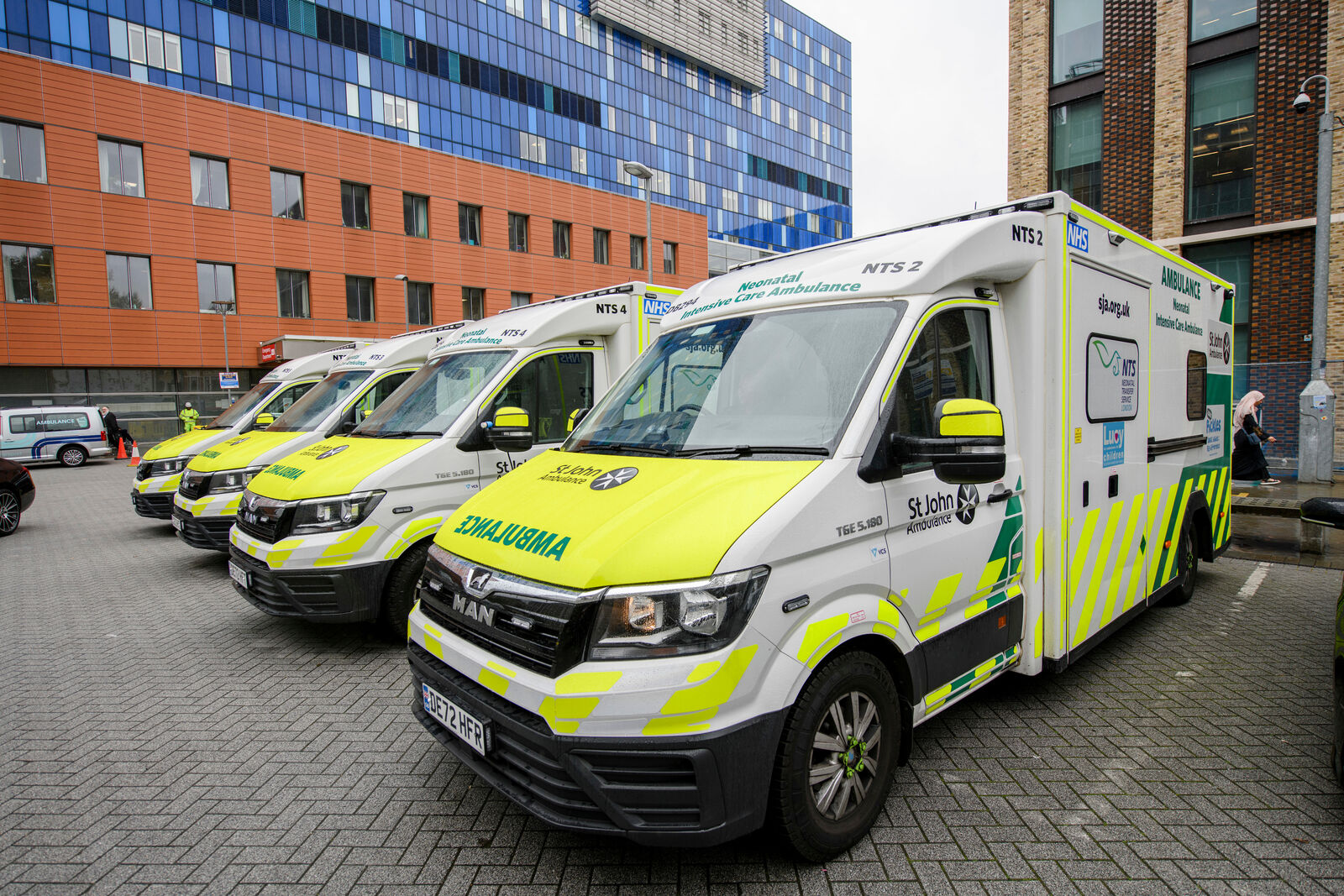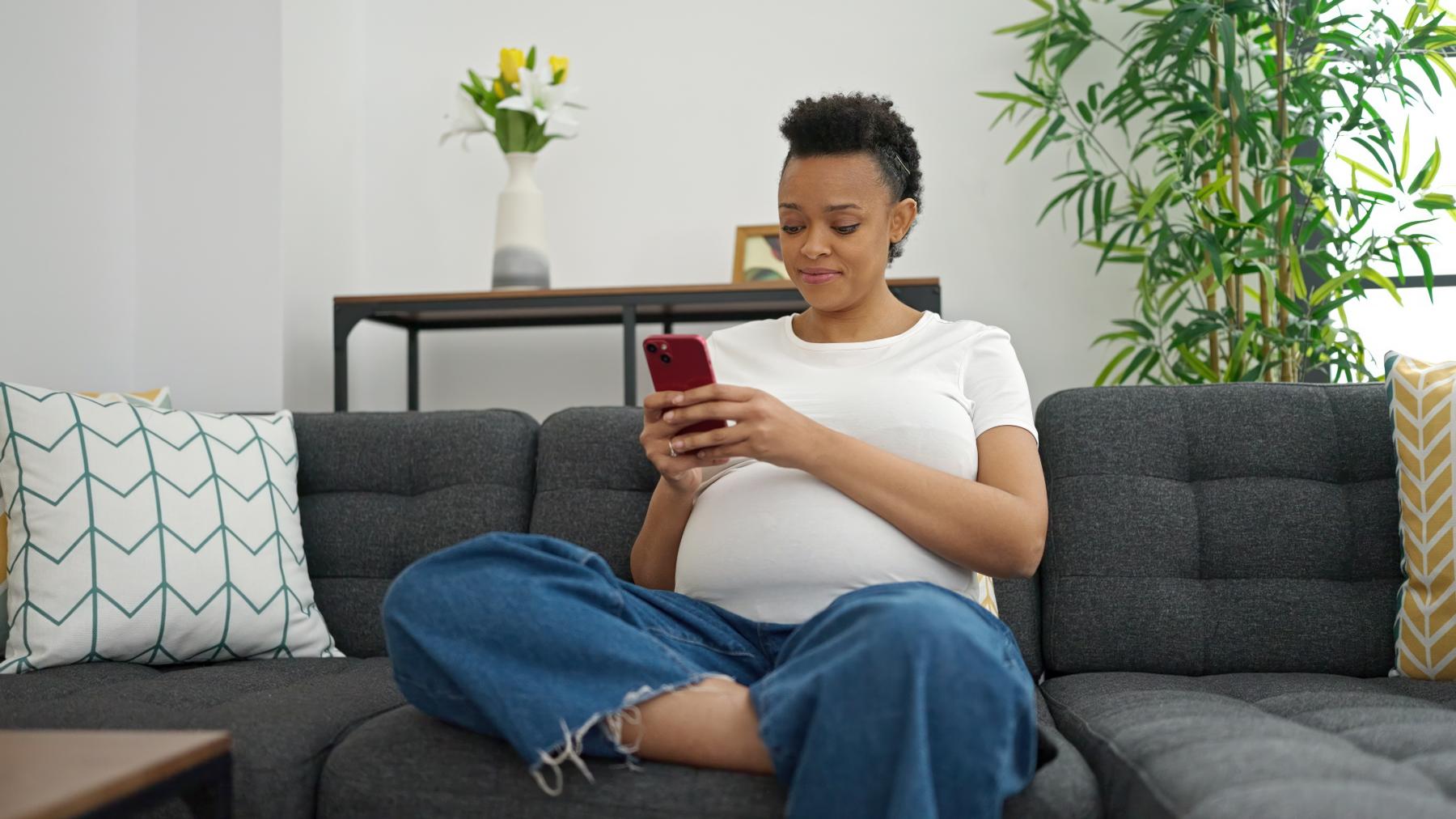Overseas patients: video
Overseas patients
Entitlement to free NHS treatment
People who live in the UK permanently can get free care

Treatment in our Emergency Departments (A&E) is free for all

We can help
If you need any guidance and support or to book an appointment to provide your documentation, please contact our team. Our offices are open Monday to Friday 9am-4pm except bank holidays.
People who live in the UK permanently can get free care
Your EHIC also covers you for the treatment of pre-existing medical conditions and for routine maternity care, providing the reason for your visit is not specifically to give birth or receive treatment.
Your EHIC is not an alternative to travel insurance and it is advised that you should have both (where applicable) when travelling to the UK.
If you have received a request to bring your identification documents you should bring these to your first appointment.
To help us to check if you are entitled to free healthcare, you will need to bring two separate documents to your appointment – one to prove your identity and one to prove your address (residency). See below for which documents you can bring.
All patients admitted to our hospitals, whatever their nationality and residence status, are required to provide correct information when registering their details. If you are living lawfully with a settled purpose in the UK, or are a visitor in one of the categories above, you should be prepared to provide evidence.
If your treatment is non-urgent, the full cost must be paid before treatment is provided. This will include the cost of initial assessment and investigations to make a diagnosis.
How to pay for your treatment [pdf] 108KB
We will always provide treatment that a clinician has assessed as immediately necessary or urgent. All maternity treatment is regarded as immediately necessary. Treatment is not free however by virtue of it being immediately necessary or urgent and you will still be charged.
If you have recieved an invoice from us and would like to pay it online, access the secure payment link here.
If you have an unpaid debt, we are legally obliged to inform the Home Office through the Department of Health and Social Care.
We do not share information about your health.
For a list of what data is shared, please see the government's guidance.
If you have private health insurance you will be required to cover the costs to the Trust for all treatment it provides and then subsequently seek reimbursement from your insurer.